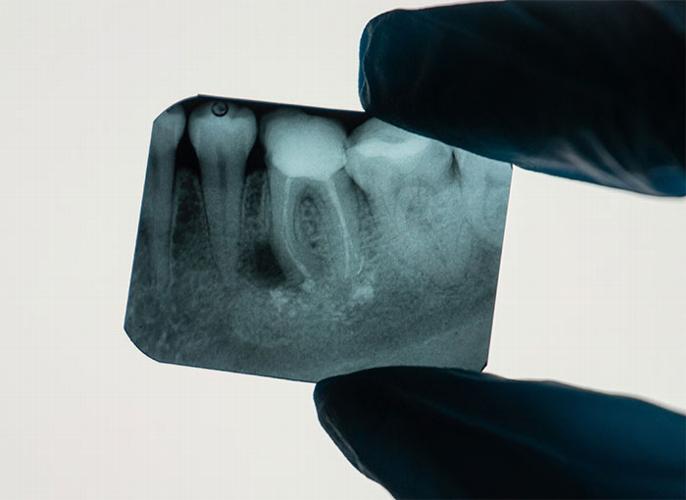Have you been referred to our endodontic practice or are looking at referring yourself, but dread the very idea of a root canal?
You're not alone – Root canals have something of a notorious reputation in the world of dentistry, but one we think is completely unearned.
Root canal treatments are an old but trusted endodontic treatment, with the first successful modern root canal treatment being carried out by Edwin Maynard all the way back in 1838. As with old things, however, rumours gradually morph into myths.
Fast-forward nearly 200 years later and you will find all kinds of outdated, ill-informed or just plain wrong misconceptions about root canal treatments on the internet or circulated among people you know.
This blog post aims to debunk a few of the bigger myths and lay out the facts to put your mind at ease and reassure you that, if you need a root canal, there is nothing to be worried about.
Myth 1 – Root canals are painful.
If any single myth has done the most damage to the name of endodontology, it's this one.
People claim that root canals are everything from slightly painful to absolutely excruciating – But dig a little deeper and you'll find that most of them are going off hearsay or something they read online.
The first recorded use of anaesthetics in dentistry dates back to 1844, so we can probably assume that most of the early root canal treatments were done under anaesthetic and, yes, would have been very painful.
…so it's good we're living in 2023!
Not only are anaesthetics now routinely used in all forms of dentistry from fillings to crowns, anaesthetics have come a long way since 1844. Just like patients from the early days of dentistry would have been done with the patient sitting in a chair or lying on the floor, modern anaesthetics like lidocaine and prilocaine have a quick onset time, a very strong numbing effect and last for a long time if the dosage is correctly measured.
Factor in other developments like easier delivery methods for anaesthetics and improvements to dental equipment, and root canal treatments carried out by qualified and experienced endodontists are completely painless.
Myth 2 – Root canals are complicated
Being a less-common dental procedure when compared to a check-up or a filling, you might have the idea of a root canal being a highly involved process involving hours in the patient chair surrounded by nursing staff.
While root canals are often seen as complex, the reality is that the complexity of the treatment varies from case to case.
An initial root canal is going to be a far simpler process when compared to a retreatment or surgical endodontic treatment – But even then, a more involved root canal treatment is far from the most complicated surgery in the world of dentistry.
You can get another insight into how each root canal treatment is carried out here.
A simpler root canal treatment can be completed within a single 90-minute visit to our practice and a more complicated root canal treatment will take a maximum of 150 minutes, with one or two follow-up treatments potentially being necessary.
However, extracting (removing the tooth) and placing an implant is a far more invasive and time-consuming procedure. You can expect a standard implant to take up to 6 months.
Myth 3 – Root canals aren't worth the hassle
We appreciate that even accounting for their painlessness and straightforward nature, the idea of dentist surgery puts some people on edge.
They might even start to wonder if going ahead with a root canal treatment is worth all the bother, time and money.
When it comes to looking after your smile, we think the answer is always yes.
A recent study found that the success rate for root canal treatments saving a tooth over a 5-year period was over 90-95% for treatments and 65-70% for retreatments.
Compare that with a 100% chance of losing a tooth if you instead opt for a removal or, worse, several teeth if you decide to do nothing at all.
Final thoughts
In summary, the myths that root canals are painful, complicated and not worth the hassle are just that – Myths.
Root canal treatments are standard dental procedures that offer a lasting path to both effective pain relief and the preservation of your natural teeth.

